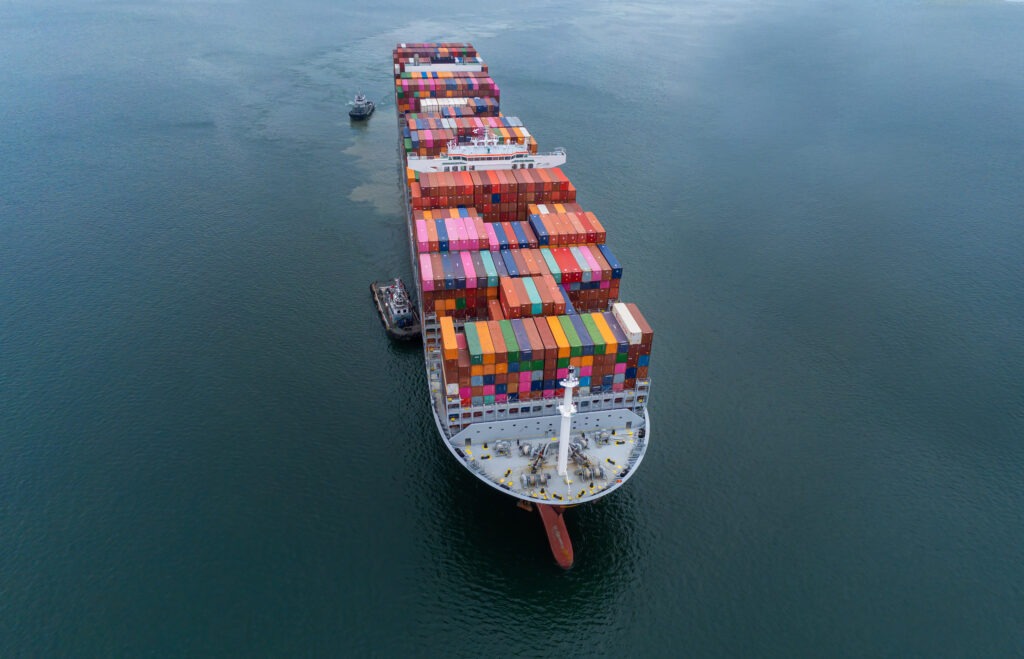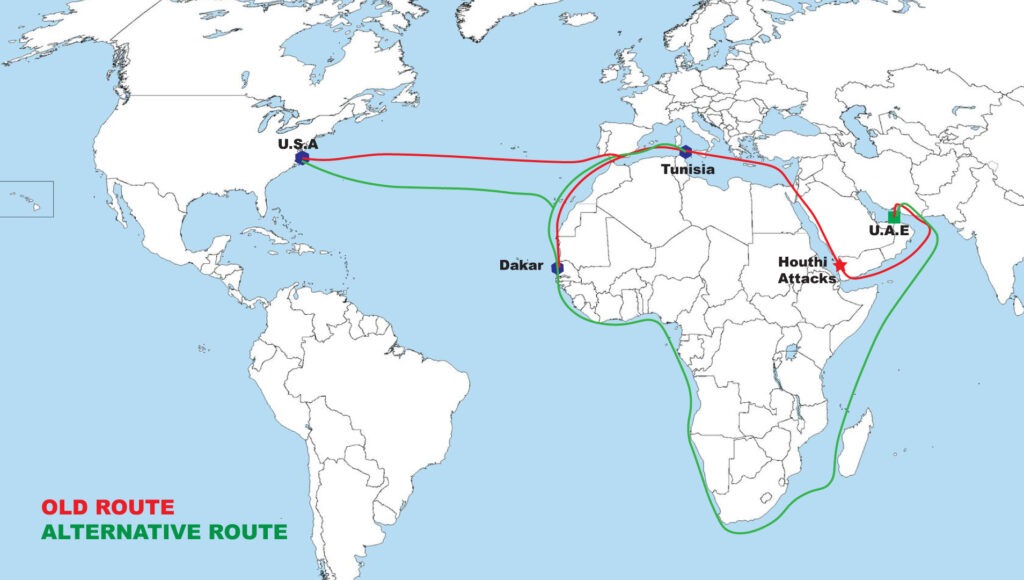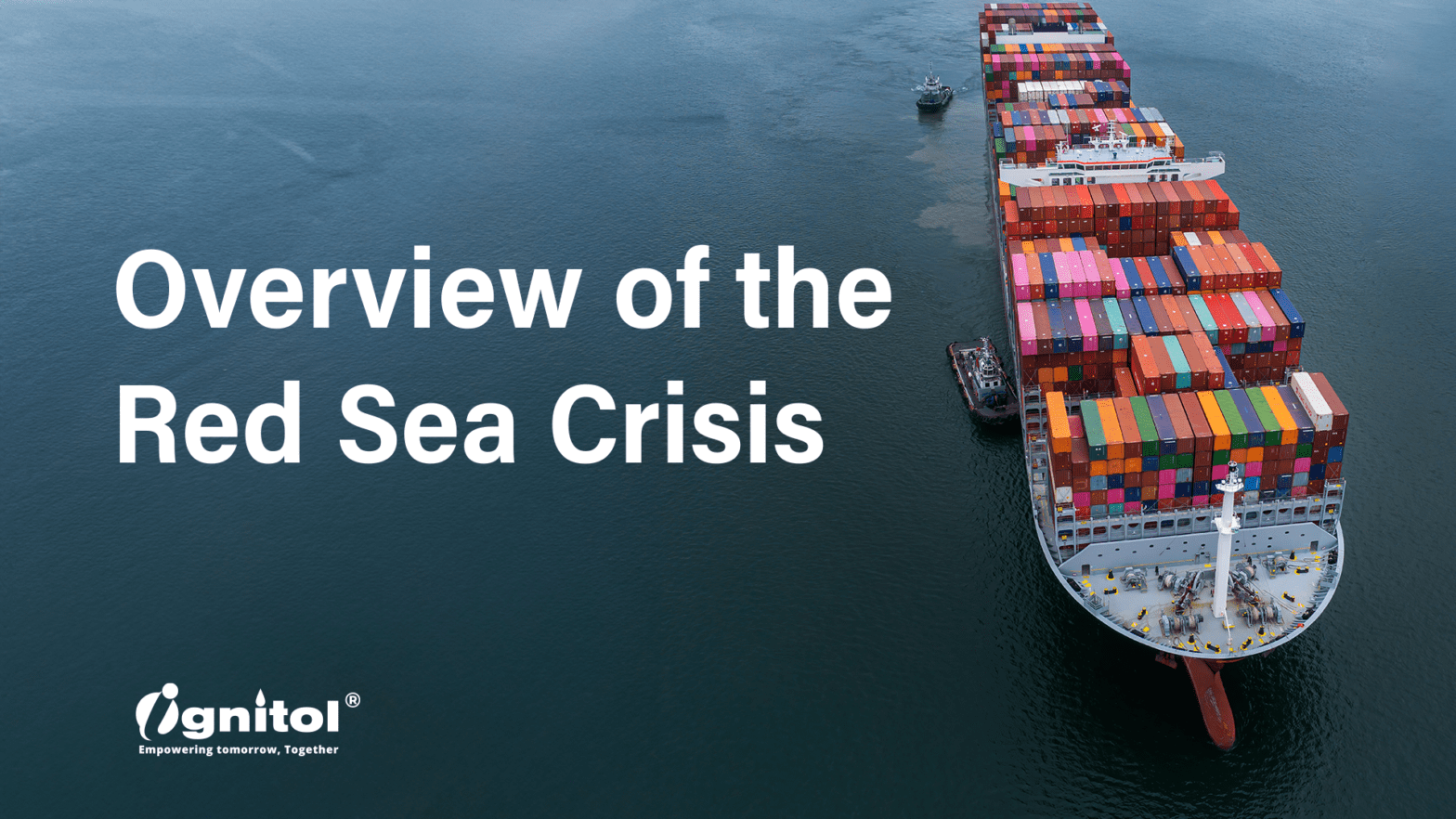Quick Links
Get in touch with us today to learn more about our products

Overview of the Red Sea Crisis
- 17,000 Ships go through the Suez Canal Each year which is equivalent to 12% of global trades.
- The Houthi attacks have had major impacts on the normal flow of work and have caused a frenzy in the international shipping of goods.
- Major shipping companies have either stopped using the Red Sea completely or are rerouting to circumvent the Red Sea for safety.
- This has led to taking a longer path around Africa’s Cape of Good Hope and an increase in global inflation.
Key Economic and Consumer Impacts
The longer routes have lead to:
- Shortage of containers
- Longer booking periods
- Extended Shipping times
- Increased Freight Expenses
- Risk of escalating oil prices
- Leading to a global inflation for wide range of goods

Impact on Freight Charges
The sea Freight sector is experiencing significant rate increases
in various routes involving Jebel Ali. Shippings incoming to Jebel Ali
seeing drastic changes of upto 350% leading to increased cost in goods
by local manufacturers in the region.
- Europe to Jebel Ali: +250%
- Mediterranean to Jebel Ali: +300%
- Turkey to Jebel Ali: Shipments N/A
- USA to Jebel Ali: +200%
- Jebel Ali to Europe: +400%
- Jebel Ali to the Mediterranean: +650%
- Jebel Ali to East Africa: +150%
- Jebel Ali to West Africa: +100%
- Jebel Ali to USA: +300%
To Conclude
The situation in the Red Sea is evolving daily, and we are proactively managing this through continuous discussions with our suppliers and shipping partners to assess the potential impact of any delays on delivery times and ensure a
seamless supply and delivery chain for our clients. Although the situation in the Red Sea may result in some delays and extended lead times, we at Regal Group remain dedicated to our mission and are committed to delivering the best possible service to all our clients.
Thank you for having the interest of reading our article
